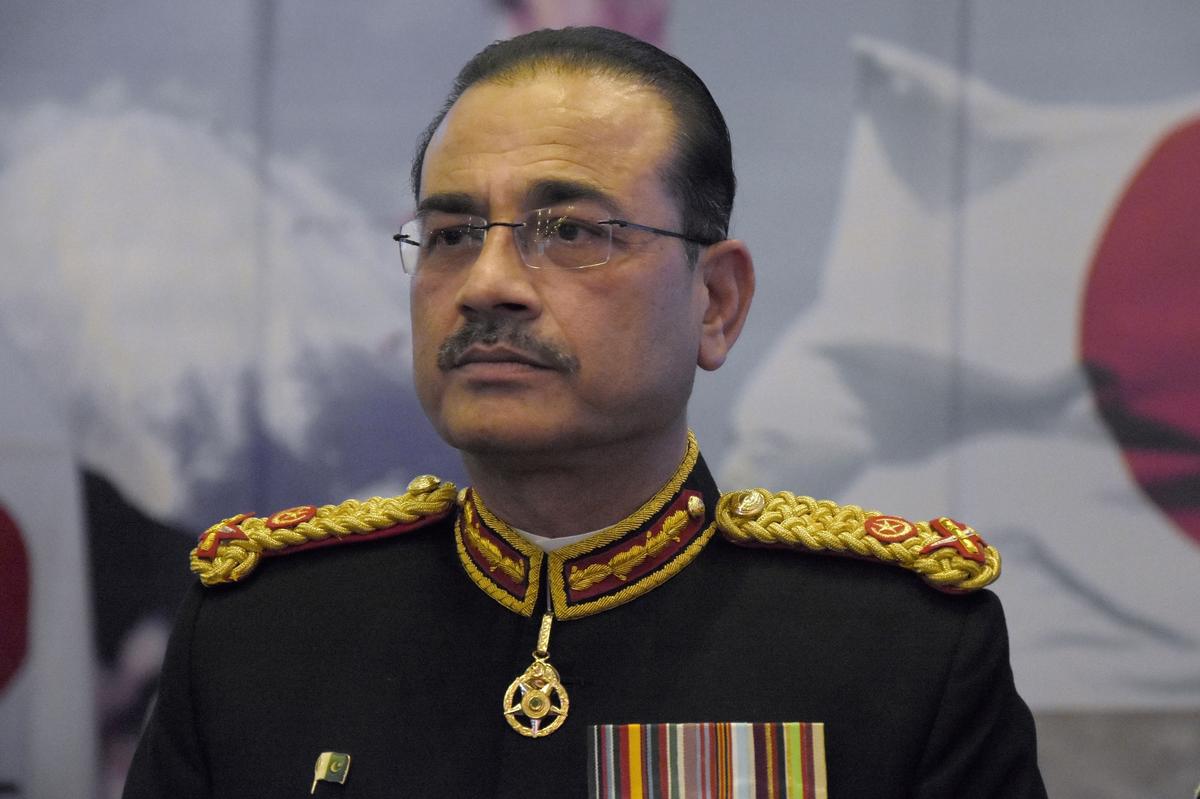The Pakistani government on Tuesday promoted its current army chief, General Asim Munir, to the rank of Field Marshal. The government bestowed the title for only the second time in the country’s history. The decision followed heightened tensions and a military standoff with India after the Pahalgam terror attack, which killed 26 people.
General Munir’s promotion brings back memories of Pakistan’s first and only other Field Marshal Muhammad Ayub Khan, who rose to absolute power more than six decades ago.
Also Read:- Pakistan Minister’s 2 Am Press Conference
On October 7, 1958, Pakistan was grappling with political chaos. Frequent government changes, corruption, and rising public frustration had weakened civilian institutions. President Iskander Mirza, aiming to restore order, declared martial law and appointed General Ayub Khan, then the Commander-in-Chief of the Pakistan Army, as Chief Martial Law Administrator.
Only 20 days later, Ayub Khan turned against Iskander Mirza.
On the evening of October 27, 1958, the President and his handpicked Chief Martial Law Administrator were seen sipping tea together in front of news cameras. Smiling, joking, and even sharing lighthearted banter, Iskander Mirza teased Ayub Khan about squinting under the newsreel lights. “You have got to learn to be an actor,” he told Khan.
Also Read:- Trump Factor Aids Liberals in Canada, Modi Welcomes Carne
He signed his resignation under pressure, making way for Ayub Khan to become the new President of Pakistan. This was the country’s first full military takeover.
Following his resignation, Mirza was escorted to Quetta and subsequently exiled to London, where he lived until his death in 1969.
Self-Proclaimed Honor: Ayub Khan’s Controversial Field Marshal Title
A year later, in 1959, Ayub Khan awarded himself the rank of Field Marshal, the highest position in the Pakistan Army. Other nations typically reserved this title for leaders with major wartime victories or long-standing military service. However, in Pakistan’s case, Ayub Khan declared it himself, setting no precedent and facing little resistance from the rubber-stamp political system he had created.
For the next 11 years, Ayub Khan ruled Pakistan with an iron fist, introducing economic reforms, infrastructure projects, and aligning the country closely with the United States and China during the Cold War. His rule also saw the signing of the Indus Waters Treaty with India and the 1965 war, after which his popularity began to decline.
In 1969, amid growing unrest and protests, especially from East Pakistan (now Bangladesh), Ayub Khan resigned and handed over power to another general, Yahya Khan, and left politics.
Also Read : 8 killed as wall collapse at temple in Andhra Pradesh’s Simhachalam


[…] Also Read: Pakistan’s Only Other Field Marshal Became a Dictator […]
[…] Also Read : Pakistan’s Only Other Field Marshal Became a Dictator […]
[…] Also Read : Pakistan’s Only Other Field Marshal Became a Dictator […]